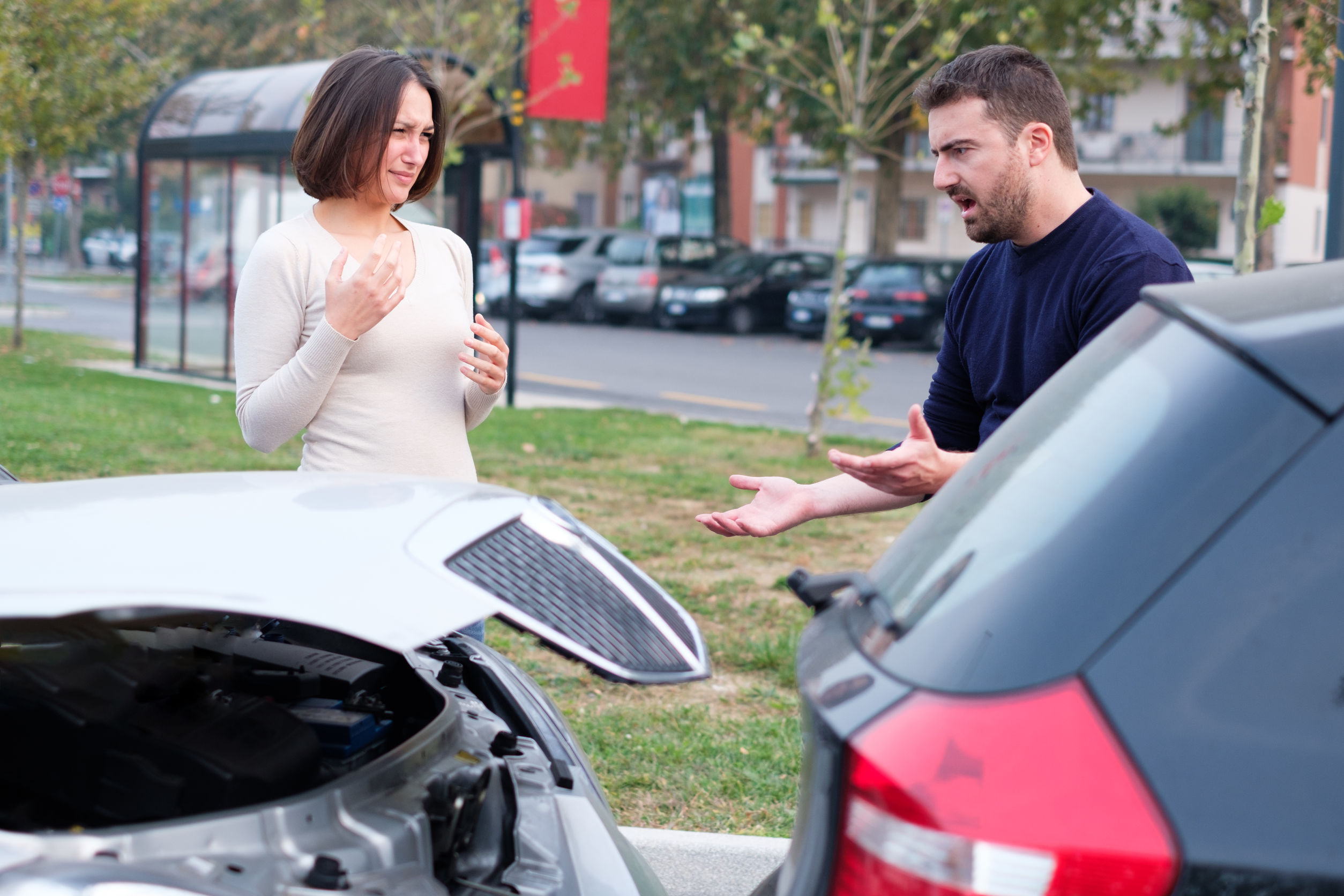No turn signals, sudden stops, swerving – driving on the road in Florida can feel like an accident waiting to happen. Even if you’ve lived in the state your whole life, it can be incredibly frustrating to drive here. Worse, the blame is shared between retirees, tourists, and just downright bad drivers.
Unfortunately, it appears that some Florida drivers can’t let these frustrations go, which has led to the Sunshine State being a leader in road rage cases throughout the country.
Between 2014 and 2018, Floridians reported over 277 cases of road rage. We don’t just mean 277 horns honking or obscenities out the window, either. These cases involved guns, and 20 people have died at the hands of a gunman due to road-related events.
Hopefully, it goes without saying that pointing a gun at another driver doesn’t solve road rage problems. It only puts you at risk of an arrest (or of getting a gun pulled on you!).
Even if you are a Florida driver who doesn’t experience road rage yourself, you may still find yourself at the center of an accident with an angry driver. Use these tips to stay safe while driving on the I-4 and beyond.
Don’t Engage
Road rage incidents typically don’t start with a gun in your face. Most drivers will honk or yell first.
Here’s the good news. Often, you can stop road rage here. Just don’t engage with the driver, even if they start to insult you or start tailgating your car. Get out of their way (safely) and avoid eye contact. Change lanes or slow down in another lane if possible.
Most likely, the driver will continue to move forward and eventually cool down. The more you respond, the more riled up they will get.
Whatever you do, don’t pull over. This gives the driver a reason to get out of the car and confront you.
Know Where Your Local Police Station Is
If, for any reason, you do have to stop while someone is harassing you, make sure help is nearby. Pull into a police station, a fire station, or any public place where people in authority can easily help you. This should hopefully intimidate the driver with road rage and encourage them to keep moving.
Even then, once you pull over, don’t get out of the car until the driver leaves. If they get out of their car, do not get out to confront them. You never know if they are carrying a gun.
Concealed carry is legal in Florida, so even if they do not appear to be carrying when you first see them leave the car, stay in your vehicle. Treat each driver with road rage as if they are carrying a gun.
“Siri, Call the Police.”
If a driver starts to make you feel uncomfortable, but you don’t want to pull over, call the police or 911. Calmly explain the situation and share your location. Keep the authorities on speakerphone until you feel safe.
Making a phone call while driving is not illegal in Florida, but things may change soon. (Texting is prohibited, but only as a secondary offense.) Regardless, it’s better to face the repercussions of an illegal call than risk your life with an angry driver.
If you are driving in a different state and run into road rage trouble, know the laws before phoning the police.
Stay Calm
Road rage incidents can be terrifying. They can also make you angry. The driver has no right to tailgate you, cut you off, start throwing things, or yell at you.
Don’t let this affect you. Don’t give in to their jeers and insults. The moment you start yelling back is the moment you could be blamed for the road rage incident.
Also, remember: road rage incidents can escalate quickly. If you start to brandish a weapon or start breaking the law, you could find yourself in jail or slapped with heavy fines. Take a deep breath and remember not to take the driver’s insults or behavior personally.
How to Defend Yourself after a Road Rage Incident
Could you be found at fault for a road rage incident that you didn’t start? The answer lies in the state of Florida’s comparative negligence laws. If a plaintiff files a lawsuit after a car accident, the judge will have to look at how each party contributed to the accident, as well as the damages caused by the accident. The judge will award damages based on each party’s contribution.
For example, say a road rage incident turned into an auto accident. A driver stopped short and was hit by an angry driver that was tailgating them.
Injuries from the accident lead to a lawsuit. The driver in the front asks for $100,000 to cover the damages of the accident. However, as the judge evaluates the case, they discover that the front driver stopped short to aggravate the tailgating driver.
This has a significant impact in the case. The judge determines that the front driver is 40% at fault for the accident. The front driver only receives 60% of the damages, or $60,000, from the defendant.
This is why it’s so important to stay calm during a road rage incident. Your attitude can keep you safe and prevent you from losing money if the incident results in a lawsuit.
About the Author:
Jeffrey Braxton is a trial lawyer in Fort Lauderdale who has devoted his career to the practice of personal injury law. As lead trial attorney for the South Florida Injury Law Firm, Jeff has litigated thousands of cases and is a member of the Million Dollar Advocates Forum, an exclusive group of attorneys who have resolved cases in excess of one million dollars.






